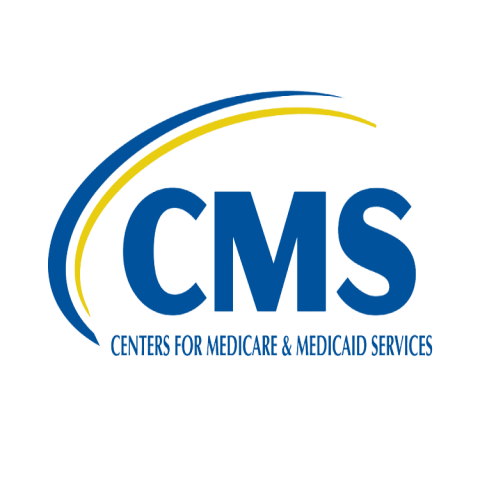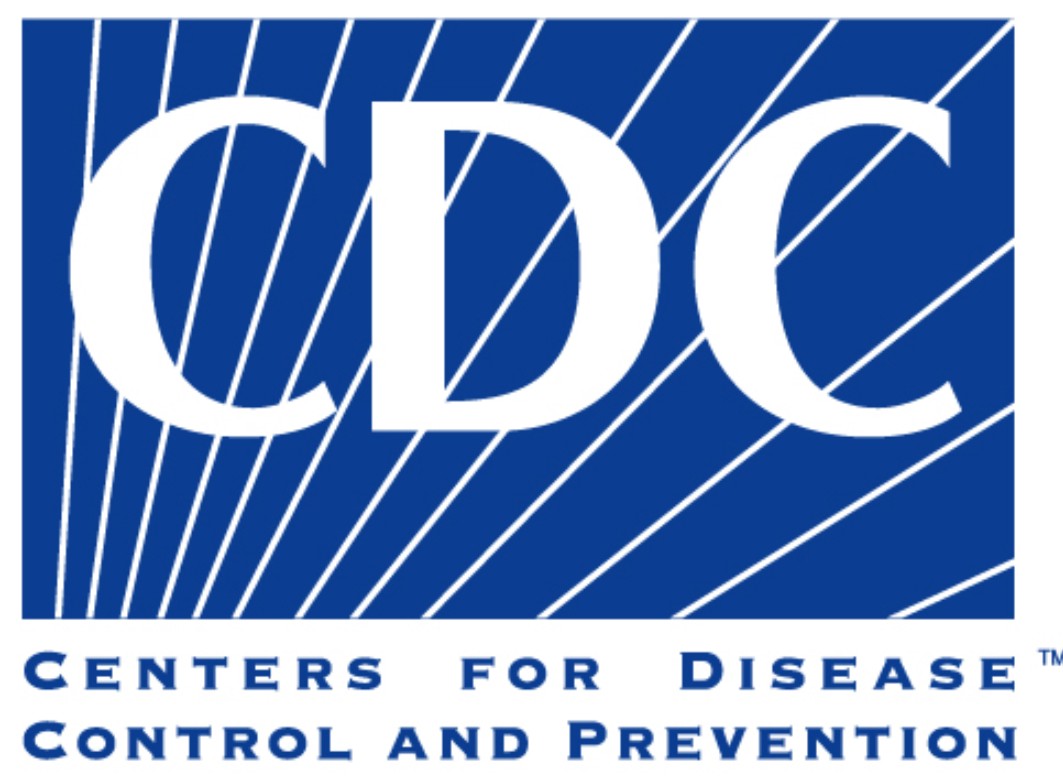 What’s Happening in Washington, D.C. What’s Happening in Washington, D.C.
The Senate returned to D.C. on January 3 and the House of Representatives on January 10, 2022. With movement on the Build Back Better Act stalled at the end of 2021, the Senate turned to working to address voting rights. On Thursday January 13, the House passed a bill that combined the John Lewis Voting Rights Advancement Act and the Freedom to Vote Act. The Senate had promised to pass both pieces of legislation by Martin Luther King Day. Both pieces of legislation stalled with opposition to changing the filibuster rules. Discussions continued today on how to move voting rights legislation forward in the Senate. Also, discussions continue how to possibly move forward the Build Back Better Act.In addition, work continues in the House and Senate to finalize appropriations for Fiscal Year 2022. Congress has passed short-term continuing resolutions (CR) continuing the prior year’s funding at the same levels. The current CR continues through February 18, 2022. CR’s continue annual program funding that is separate from the emergency funding provided to address the COVID-19 pandemic and the funding provided in the bi-partisan Infrastructure Investment and Jobs Act (Public Law 117-58). Funding for AUCD programs and most programs that impact people with disabilities is included in the Labor, Health, Human Services and Related Agencies (LHHS) bill (HR. 4502). The House passed the LHHS bill on July 29, 2021. The Senate LHHS bill (S. 3062) is still in draft form and the Senate is working to come to agreement on numbers to finish the bills.
Plain language:
- Congress is working on a number of important issues that affect people with disabilities including funding for programs and voting.
What it means to you:
- It is important that programs with and for people with disabilities receive increased funding. Many AUCD programs get their funding from the federal appropriations process.
- Appropriations is the act of setting aside money for a specific program from the federal budget. These programs are critical to ensuring people with disabilities receive a quality education, can be employed and received services and supports in the community.
Action steps:
 Transformation to Competitive Integrated Employment Act Transformation to Competitive Integrated Employment ActSenators Bob Casey (D-PA) and Steve Daines (R-MT) introduced the Transformation to Competitive Integrated Employment Act ( S.3238). to phase out subminimum wages for workers with disabilities and to provide states and employers with the resources to transition workers with disabilities into integrated employment. Currently, employers can apply for Section 14(c) waivers under the Fair Labor Standards Act to pay workers with disabilities less than federal wage. Introduction of this legislation follows the release of President Biden's American Jobs Plan, which calls for ending 14(c) waivers and supporting competitive integrated employment for people with disabilities. Representatives Bobby Scott (D-VA) and Cathy McMorris-Rodgers (R-WA) previously introduced the House version ( H.R.2737). AUCD supports this legislation.
Plain language:
- There is a new bill to make sure all workers with disabilities are paid at least the federal minimum wage.
- The minimum wage is the lowest amount of money that an employer can pay an employee.
What it means to you:
- It is important that people with disabilities have employment opportunities, access to employment support services, and are paid well for their work.
Action steps:
- Learn more about the Transformation to Competitive Integrated Employment Act:
- Senate version
- House version
- Learn more about the issue of subminumum wages for workers with disabilities:

The Departments of Health and Human Services and Housing and Urban Development Co-Launched a New Housing and Services Resource Center (HSRC)
On Wednesday, December 8, 2021, U.S. Department of Health and Human Services (HHS) and the U.S. Department of Housing and Urban Development (HUD) announced the launch of the Housing and Services Resource Center (HSRC).
The goal of the HSRC is to foster collaboration and cross-sector partnerships, in order to streamline access to services, better leverage resources, and ultimately make community living possible for all people with disabilities. The HSRC will be a federally coordinated approach to providing resources, program guidance, training, and technical assistance to public housing authorities and housing providers; state Medicaid, disability, aging and behavioral health agencies; the aging and disability networks; homeless services organizations and networks; healthcare systems and providers; and tribal organizations.
Plain language:
- There will be a new, national Housing and Services Resource Center (HSRC) to help make community living possible for people with disabilities.
What this means for you:
- Many people with disabilities experience homelessness and need affordable, accessible housing co-located with services and supports. The HSRC will make it easier for many people with disabilities to access guidance and resources to help make community living possible for everyone.
Action steps:
 IRS Raises Limit for ABLE Accounts IRS Raises Limit for ABLE AccountsThe Achieving a Better Life Experience (ABLE) Act created tax-free savings accounts for people with disabilities who are born with or acquire a disability before age 26. ABLE accounts allow people with disabilities to save without risking eligibility for Social Security, Medicaid, and other benefits.
For the first time since 2018, the Internal Revenue Service (IRS) raised the limit of what people with disabilities can deposit into their ABLE accounts without losing government benefits. Annually, people can now deposit up to $16,000 in their accounts. The previous limit was $15,000.
Plain language:
- People with disabilities can now save more money in their ABLE accounts without losing their Social Security, Medicaid, or other government benefits.
What this means to you:
- An eligible person with a disability can save more money for disability-related expenses without fear of losing benefits.
Action steps:
 New Centers for Medicare & Medicaid Services Guidance on Mobile Crisis Services New Centers for Medicare & Medicaid Services Guidance on Mobile Crisis ServicesThe Centers for Medicare & Medicaid Services (CMS) issued guidance to State Health Officials on the scope of and payments for qualifying community-based mobile crisis intervention services authorized by Section 9813 of the American Rescue Plan Act of 2021 (ARPA). Community-based mobile crisis intervention services are a key element of an effective behavioral health crisis continuum of care. ARPA creates a state option to provide qualifying community-based mobile crisis intervention services for a period of up to five years, during the period starting April 1, 2022, and ending March 31, 2027. Mobile crisis intervention services are important tools to meet people in crisis, where they are and rapidly provide critical services to people experiencing mental health or substance use crises by connecting then to a behavioral health specialist 24 hours per day, 365 days a year and can be provided in the home or any setting where a crisis may be occurring.
Plain language:
- CMS has provided states an option to provide a more immediate response to emergency mental health services.
What this means for you:
- CMS recognizes the need mental health services on a 24-hour, 365-day basis and can be provided in the home or any setting where a crisis may be occurring to make sure people get the services they need in crisis.
Action steps:
 COVID-19 and CDC Guidance COVID-19 and CDC Guidance
The World Health Organization (WHO) reported the Omicron variant, a variant of the COVID-19 virus, on November 24, 2021. The Omicron variant has been identified in all U.S. states and most territories. The CDC reported that current vaccines are expected to protect against severe illness, hospitalizations, and deaths from the Omicron variant.
On December 27, 2021, The CDC shortened the recommended time for isolation for the public: “People with COVID-19 should isolate for five days and if they are asymptomatic or their symptoms are resolving (without fever for 24 hours), follow that by five days of wearing a mask when around others to minimize the risk of infecting people they encounter.” In the same updated guidance, the CDC also updated their recommended quarantine period for anyone in the general public who was exposed to COVID-19.
Plain language:
- The COVID-19 pandemic continues. The science now shows that the Omicron variant of COVID-19 has created new risks for getting sick from COVID-19. There is new guidance for physical distance and for what to do after you have been in contact with someone with COVID-19.
What this means for you:
- Work is happening to make sure everyone can get their COVID-19 vaccine and keep everyone safe if you or someone you know get sick from COVID-19.
Action steps:
- Read the CDC guidance and be familiar with what to do if you get sick from COVID-19.
 U.S. Department of Education Civil Rights Data Collection Public Comment Period U.S. Department of Education Civil Rights Data Collection Public Comment PeriodThe U.S. Department of Education (ED) has collected civil rights data about the nation's public schools via the Civil Rights Data Collection (CRDC) since 1968. The CRDC collects vital data related to the civil rights laws’ requirements that public local educational agencies (LEAs) and elementary and secondary schools provide equal educational opportunity. Public comments help ED to improve the types of data collected as part of the CRDC.
Public comments are being accepted until Friday, February 11, 2022. Comments can be submitted through regulations.gov.
ED wrote in their public notice that it is especially interested in public comment addressing the following issues:
- Is this collection necessary to the proper functions of the Department?
- Will this information be processed and used in a timely manner?
- Is the estimate of burden accurate?
- How might the Department enhance the quality, utility, and clarity of the information to be collected?
- How might the Department minimize the burden of this collection on the respondents, including through the use of information technology?
Plain language:
- Stakeholders have a chance for people to say if they agree or disagree with what information is being collected for the CRDC.
What this means for us:
- Stakeholders have the opportunity to make sure that the CRDC collects data on the experiences and outcomes of students with disabilities in public schools.
Action steps:
- Review the notice and supporting documents (under Enhanced Comments on the right had toolbar).
- Submit comments at regulations.gov. by Friday, February 11, 2022.
- Once you are ready to make your comment, log onto www.regulations. gov/. Search for the Docket ID number of ED-2021-SCC-0158 of this public notice.
- To submit your comment, click on the icon at the top or far right of the screen. You will be required to provide your first and last name, city, state and country, but all other requested information is optional.
- Type your comment in the box provided and add any attachments you feel necessary. Regulations.gov will support all common file types.
- After successfully submitting your comment, you will receive a comment tracking number that will allow you to track your comment once it has been seen and posted.
 Office of Disability Employment Policy (ODEP) Brief on Paid Family and Medical Leave Office of Disability Employment Policy (ODEP) Brief on Paid Family and Medical LeaveIn December 2021, the Office of Disability Employment Policy (ODEP) published a report on "Access to Paid Leave for Family and Medical Reasons Among Workers with Disabilities." Most workers, especially workers with disabilities, will face personal, medical, or family challenges that require time away from work especially in light of the pandemic.
The brief uses the most recent publicly available data from the 2017-2018 American Time Use Survey Leave and Job Flexibilities Module, linked to Current Population Survey data, to analyze the impact of access to paid leave for family and medical reasons among workers with and without disabilities.
Plain Language:
- A report was written on the importance for workers with and without disabilities to have paid family and medical time off from their employment.
What this means for you:
- ODEP is working to raise the importance for workers, especially workers with disabilities, to have access to paid family and medical leave for unexpected events and caregiving needs.
Action steps:
 Disability Policy Seminar 2022 Disability Policy Seminar 2022
We’re getting excited for this year’s Disability Policy Seminar (DPS)! DPS is a three-day event, where passionate advocates, self-advocates, experts, and professionals in the field come together and learn about key issues that affect them. DPS will take place from March 28-30, 2022. This year, there options to participate either virtually or in-person in Washington, D.C. Registration costs will be the same for both options. Registration is open.
Plain language:
Disability Policy Seminar is three-day event, where disability advocates and professionals can learn more about the issues that impact them. It takes place every year.
What this means for you:
- This year’s Disability Policy Seminar will have virtual and in-person options, so all participants can feel safe.
Action steps:
- Save the date! DPS will be from March 28-30, 2022.
- Start talking to your centers and colleagues if you have an interest in attending virtually or in-person.
- Register and find other updates.
 Tuesdays with Liz: Disability Policy for All Tuesdays with Liz: Disability Policy for All
Did you know that Liz has a YouTube Channel?
'Tuesdays with Liz' is a weekly video series highlighting current issues in disability policy. It is hosted by Liz Weintraub, a long-time disability advocate, and produced by AUCD.
You can help spread her message by:
|
